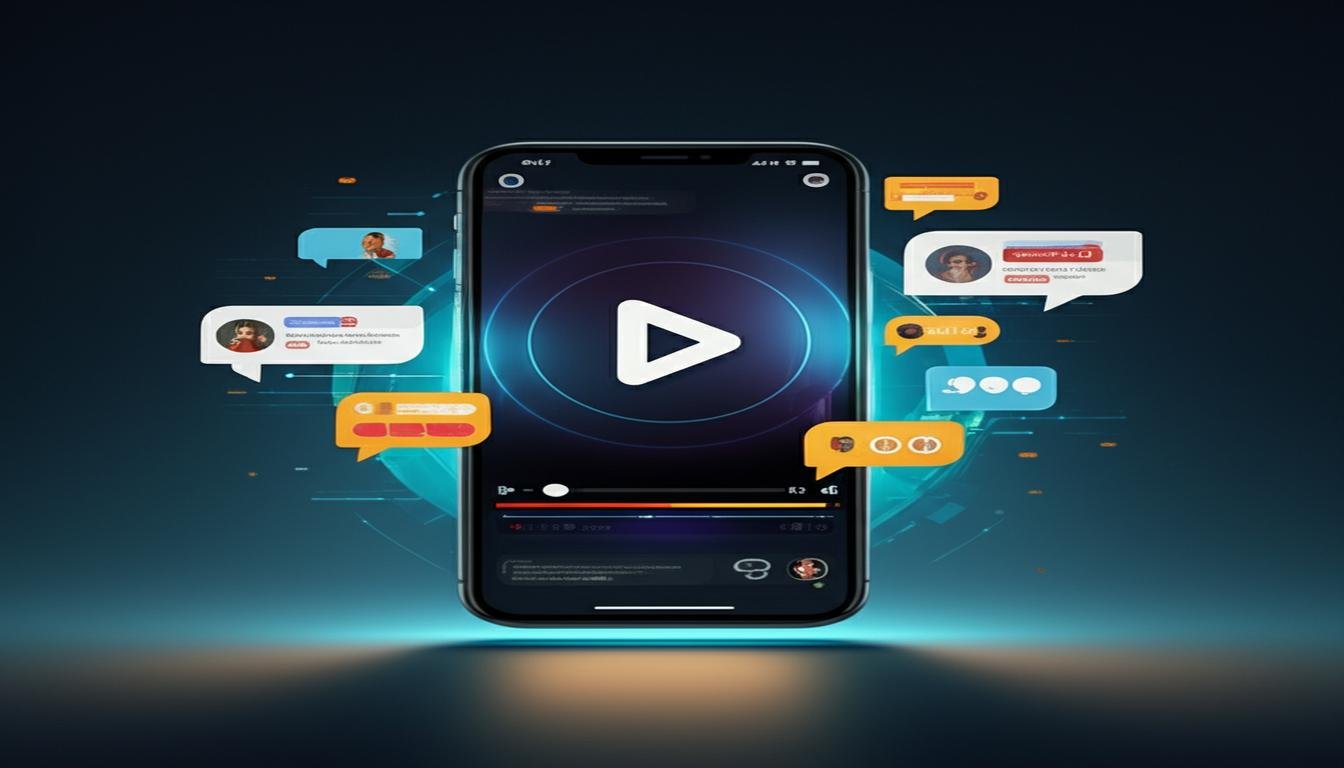Remember a time when AltaVista was a big deal? Or when asking Jeeves felt revolutionary? Search engines have evolved, but for a long time, Google has been the undisputed king. We type a few keywords, hit enter, and then scroll through pages of links, hoping to find what we’re looking for. But what if there’s a new player in town, powered by advanced artificial intelligence, that doesn’t just give you links, but actual, intelligent answers? We’re talking about an AI-powered search engine that could fundamentally change how we find information online, perhaps even making Google’s traditional approach feel… well, old-fashioned.
What Makes This New AI Search Engine Different?
It’s not just about finding websites. This isn’t your grandma’s keyword search. The leap here is monumental, shifting from a link-based system to one that truly understands your question and synthesizes information.
Beyond Keywords: Understanding Your Intent
Google’s strength has always been its ability to match keywords. You type “best Italian restaurants NYC,” and it gives you links to reviews and menus. But what if you don’t know the exact keywords? What if you’re trying to figure out a complex problem, not just find a page?
- Traditional search often requires you to guess the right phrasing.
- AI-powered search uses natural language processing (NLP) to grasp the full context of your query. It understands synonyms, nuances, and even unstated assumptions.
- Imagine asking, “I have a toddler and want a vacation spot that’s warm in December, not too long a flight from Chicago, and has good childcare options.” A traditional search would struggle. An AI engine can piece that together.
Conversational AI: Talking to Your Search Engine
Have you ever wished you could just talk to your computer and get a straightforward answer? This is where the new breed of AI search truly shines. It’s built for interaction.
Instead of a sterile search bar, you get a conversational interface. You can ask follow-up questions, refine your query, or even challenge its answers, just like you would with another person. This fluid interaction makes the search process feel intuitive and far less like a chore.
Synthesizing Information, Not Just Linking
This is perhaps the biggest game-changer. Google typically gives you a list of blue links, and you’re still on the hook to click through, read, and extract the information yourself. This new AI doesn’t just point you to sources; it processes vast amounts of information from across the web, understands it, and then presents you with a concise, well-structured answer. It’s like having a super-smart research assistant at your fingertips.
Why Google Might Be Playing Catch-Up
For decades, Google has refined its algorithms, but its core model of indexing and ranking web pages hasn’t fundamentally changed. Meanwhile, the web has exploded, leading to information overload.
The “Digging” Problem vs. Direct Answers
Let’s be real: how often do you find the *exact* answer you need on the first click? More often, we click through several links, scanning for the relevant bit. This “digging” is inefficient. An AI-powered search aims to eliminate that by giving you the answer directly, citing its sources so you can verify if you wish.
Personalization & Contextual Understanding
While Google does offer some personalization based on your search history, AI search takes it further. Through deep learning, it can potentially learn your preferences, previous questions, and even your unique way of asking things, providing an increasingly tailored experience that feels genuinely helpful, not just algorithmic.
The Shift in User Experience
Ultimately, it comes down to how we feel when we use a tool. And for many, the traditional search experience can be frustrating. Think about the time you waste sifting through irrelevant results or dealing with outdated information.
- Time-Saving: Getting direct answers means less clicking, less reading, and more time for what matters.
- More Relevant Results: Because the AI understands context and intent, the answers it provides are often incredibly pertinent to your actual need.
- Less Frustration: Imagine fewer dead ends, fewer rabbit holes, and a smoother path to knowledge.
Is It Really the End for Google?
It’s a bold claim, and Google is a formidable force with incredible resources, data, and infrastructure. They’re also heavily investing in AI themselves (think Bard, Gemini). However, the speed of AI innovation is breathtaking, and a company built from the ground up with a truly conversational, answer-focused AI model might have an inherent advantage in user experience.
The question isn’t whether Google will cease to exist, but whether its dominance in the search realm will be challenged by a superior, more human-like search experience. User adoption will be key, and if the new AI engines consistently deliver better, faster, and more satisfying results, people will naturally gravitate towards them.
The Future of Finding Information
The way we search for information is on the cusp of a major transformation. While Google has been our trusty guide for years, the emergence of advanced AI-powered search engines offers a compelling glimpse into a future where finding answers is as easy and intuitive as having a conversation. These new platforms promise to cut through the digital noise, offering not just links, but real understanding and synthesis. It’s an exciting time to be online, and you might just find your new go-to search companion is less about keywords and more about genuine intelligence. Why not try one of these innovative AI search tools today and experience the difference yourself?









